The Russian state, one of the world’s oldest and largest countries, has a rich and complex history. Its political and social landscape has undergone significant transformations, shaped by various historical events, ideologies, and leaders.
Historical Evolution
- Kievan Rus’ (9th-12th centuries): The first significant state in the region, Kievan Rus’ laid the foundation for Russian culture, language, and political institutions.
- The Mongol Yoke (13th-15th centuries): The Mongol invasion significantly impacted Russia’s development, leading to political fragmentation and economic decline.
- The Rise of the Moscow Principality: The Moscow Principality emerged as a powerful state, unifying various Russian principalities and laying the groundwork for the modern Russian state.
- The Russian Empire (18th-early 20th centuries): The Russian Empire expanded rapidly, becoming one of the world’s largest empires. It played a significant role in European and global politics.
- The Soviet Union (1922-1991): The Bolshevik Revolution of 1917 led to the establishment of the Soviet Union, a communist state that dominated much of the 20th century.
- Post-Soviet Russia: After the collapse of the Soviet Union in 1991, Russia emerged as an independent state, facing numerous challenges, including economic instability and political turmoil.
Contemporary Russia
Modern Russia is a federal republic with a semi-presidential system. The President, currently Vladimir Putin, is the head of state and the commander-in-chief of the armed forces. The Prime Minister heads the government.
Key features of the Russian state include:
- Strong Centralized Power: The President holds significant power and influence over the government and the legislature.
- Nationalism and Patriotism: Nationalism and patriotism are important elements of Russian identity and politics.
- Geopolitical Ambitions: Russia seeks to reassert itself as a global power, often challenging the dominance of Western countries.
- Resource-Based Economy: Russia’s economy is heavily reliant on natural resources, particularly oil and gas.
- Challenges and Opportunities: Russia faces challenges such as corruption, economic inequality, and a declining population. However, it also possesses significant economic and geopolitical potential.
The future of Russia remains uncertain, but it is clear that the country will continue to play a significant role in global affairs. Its rich history, diverse culture, and vast resources make it a complex and fascinating nation.
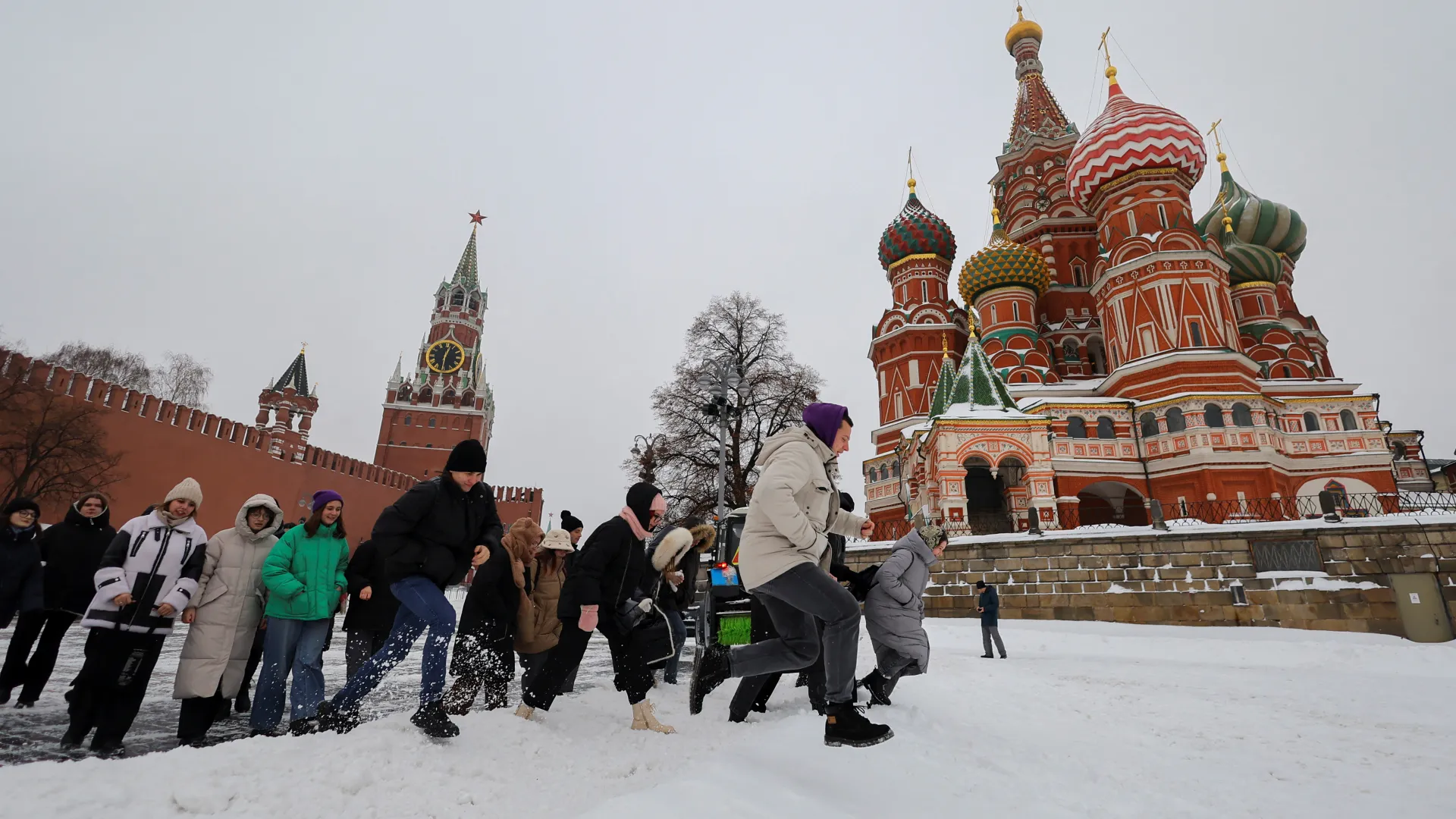
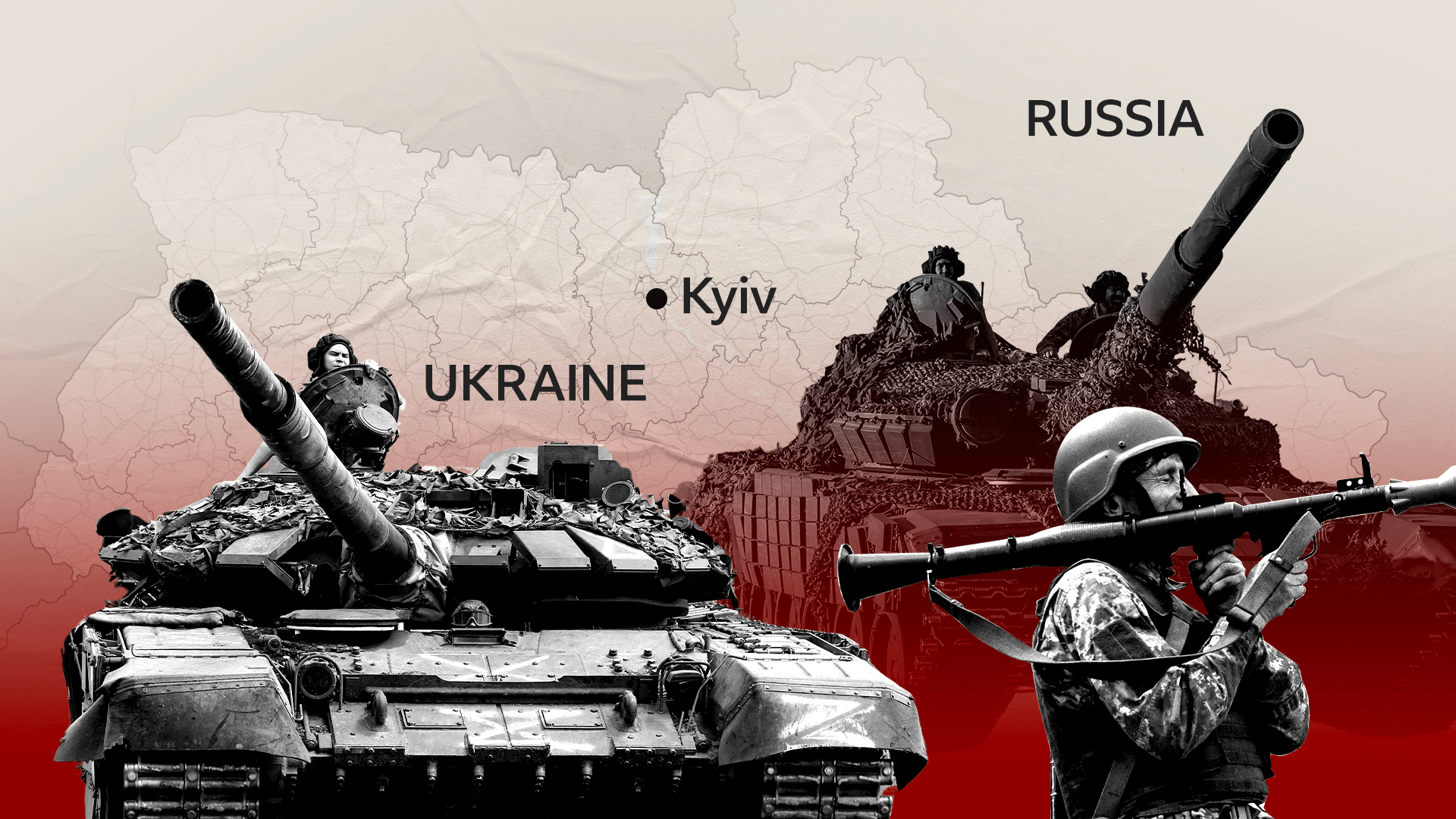
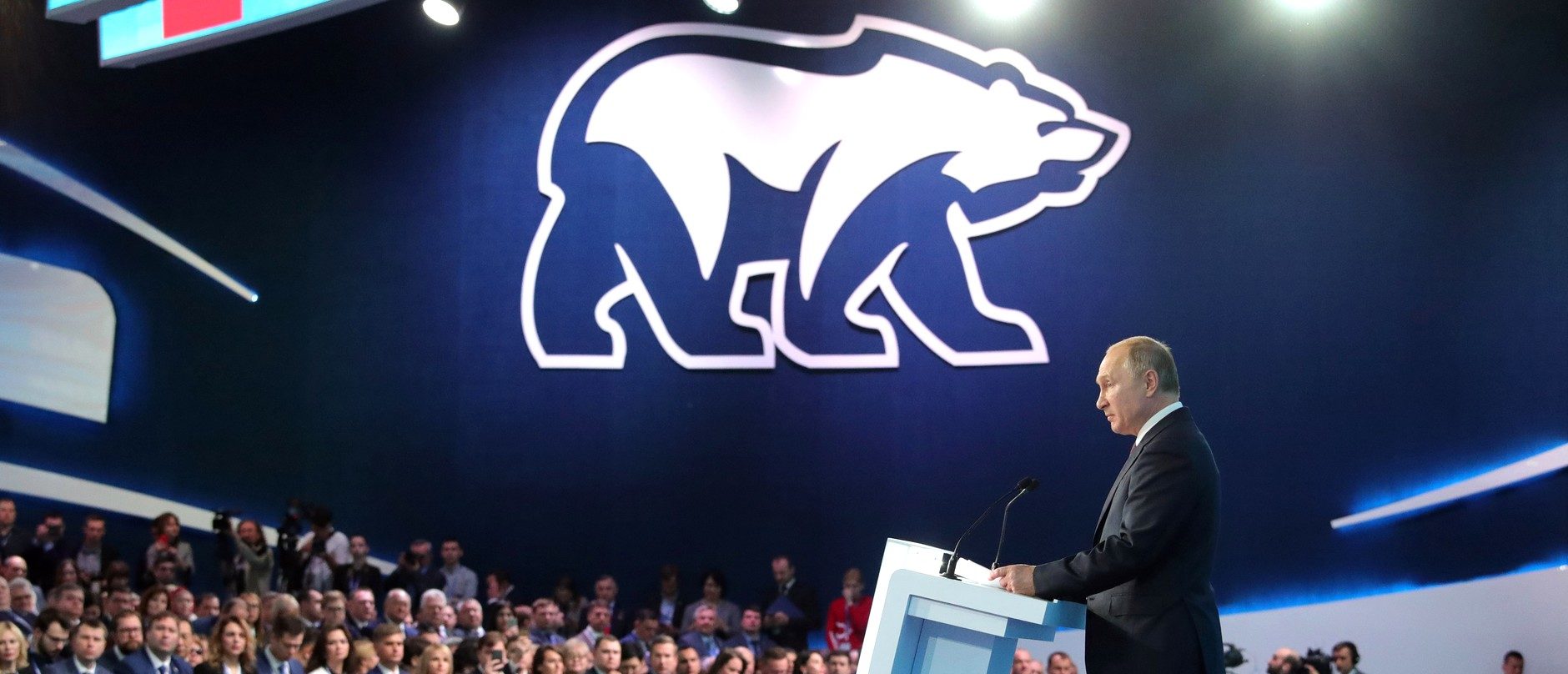
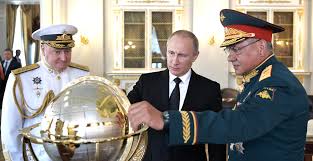

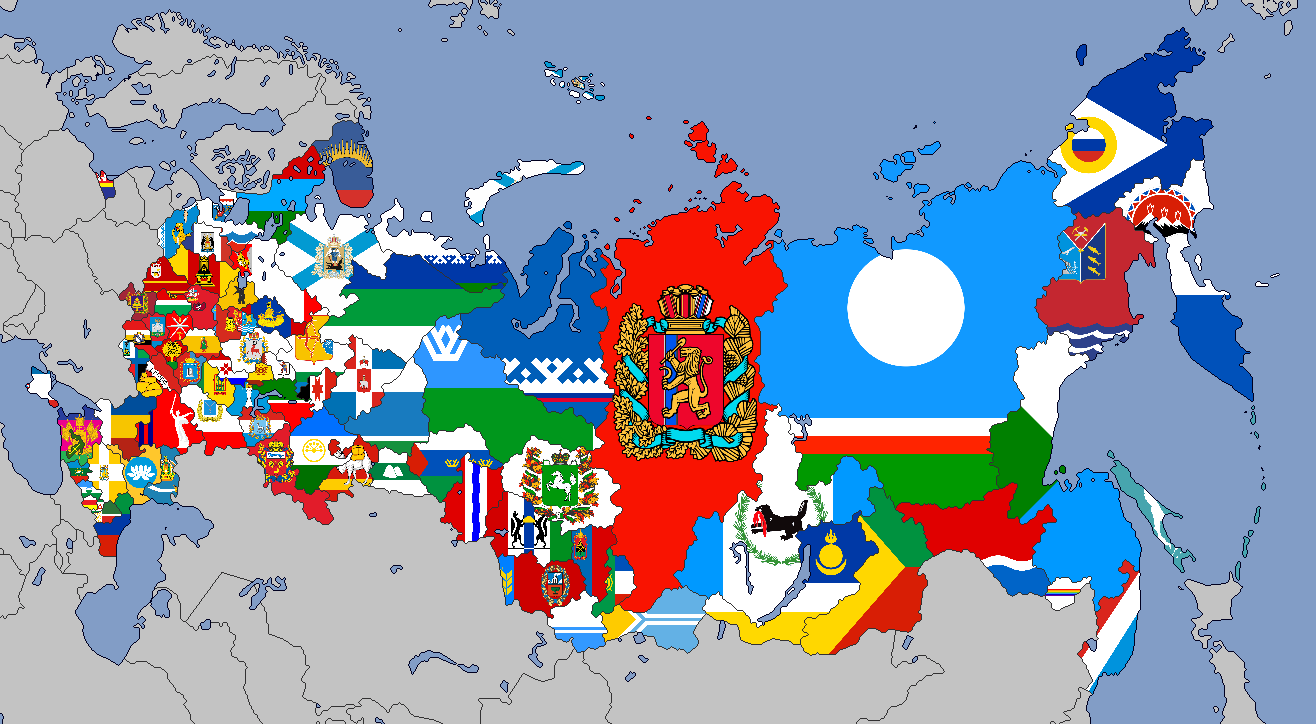
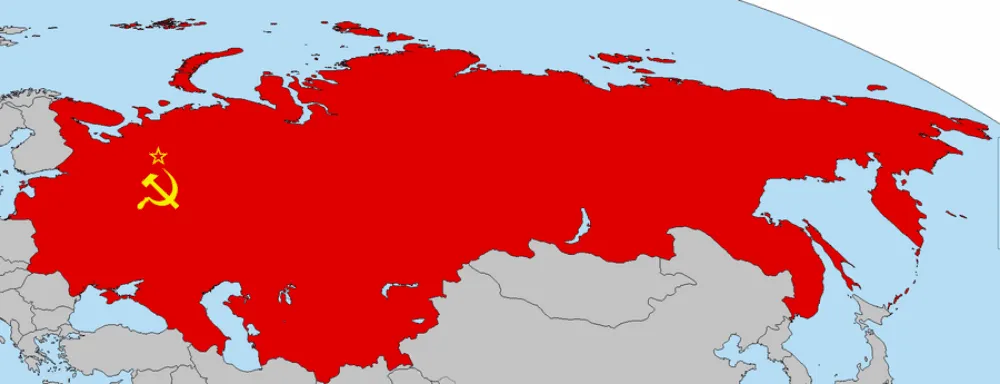
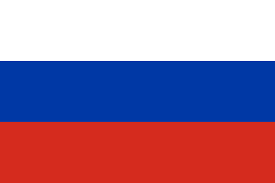
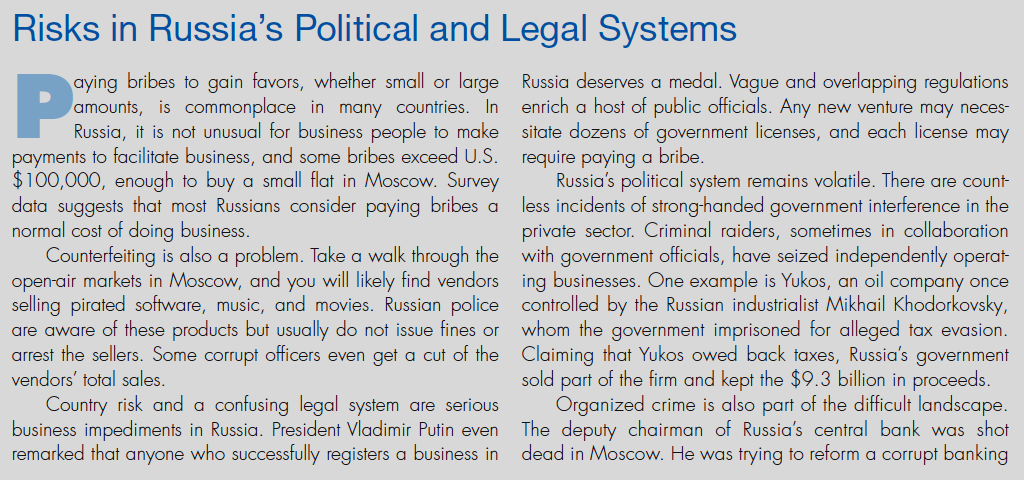
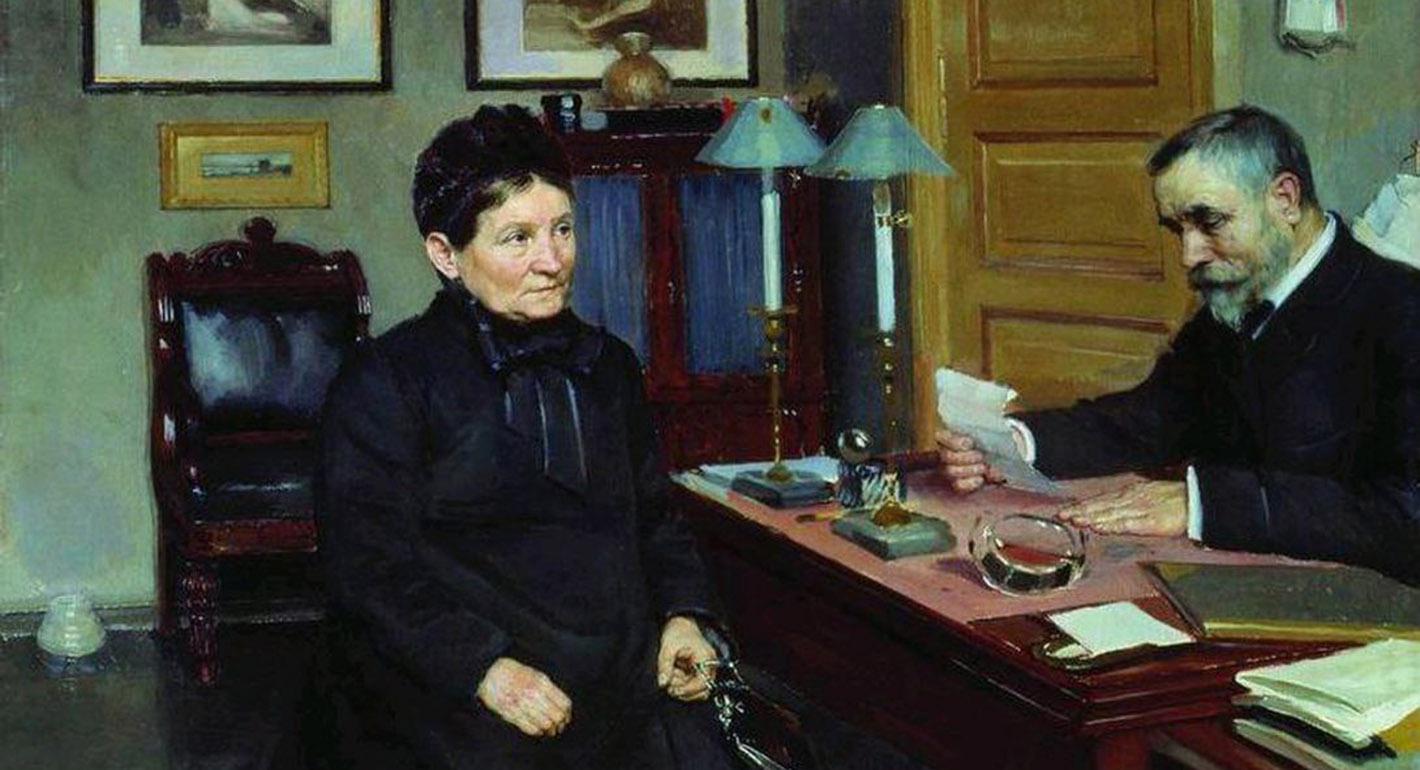
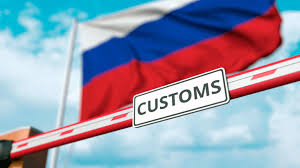
Leave a Reply